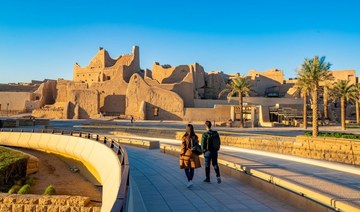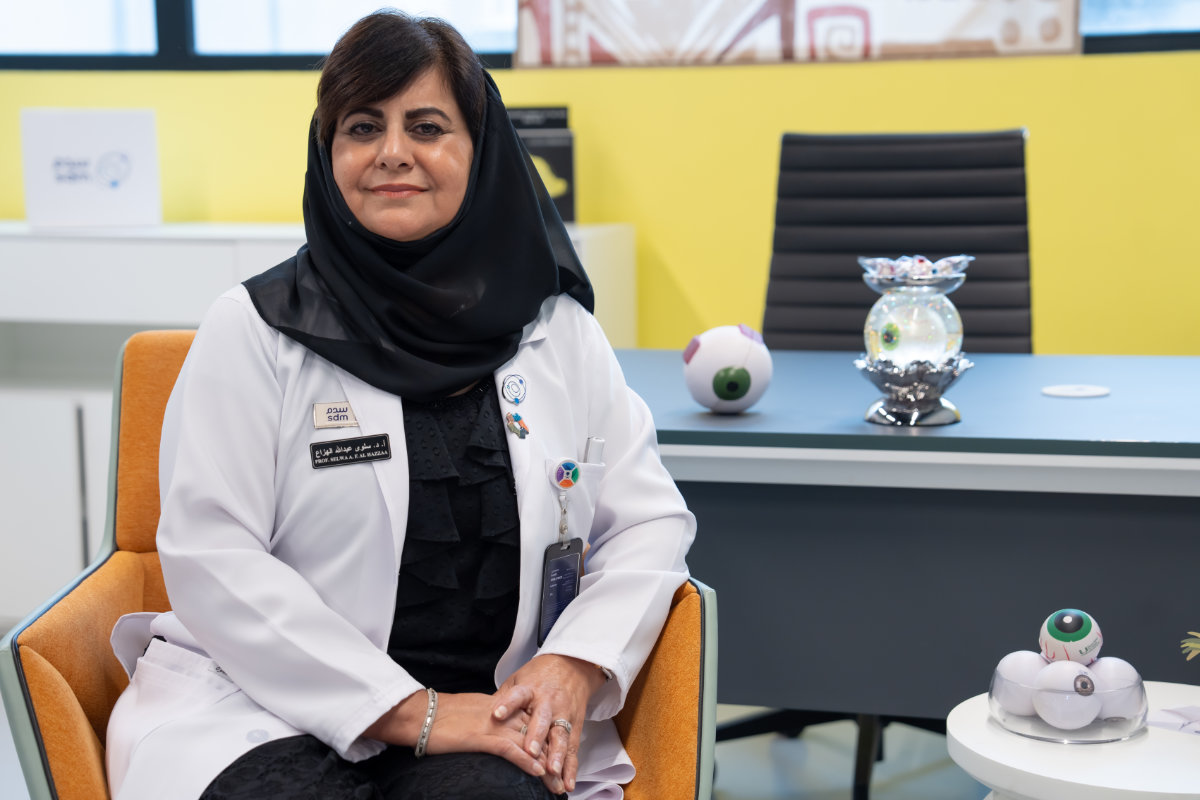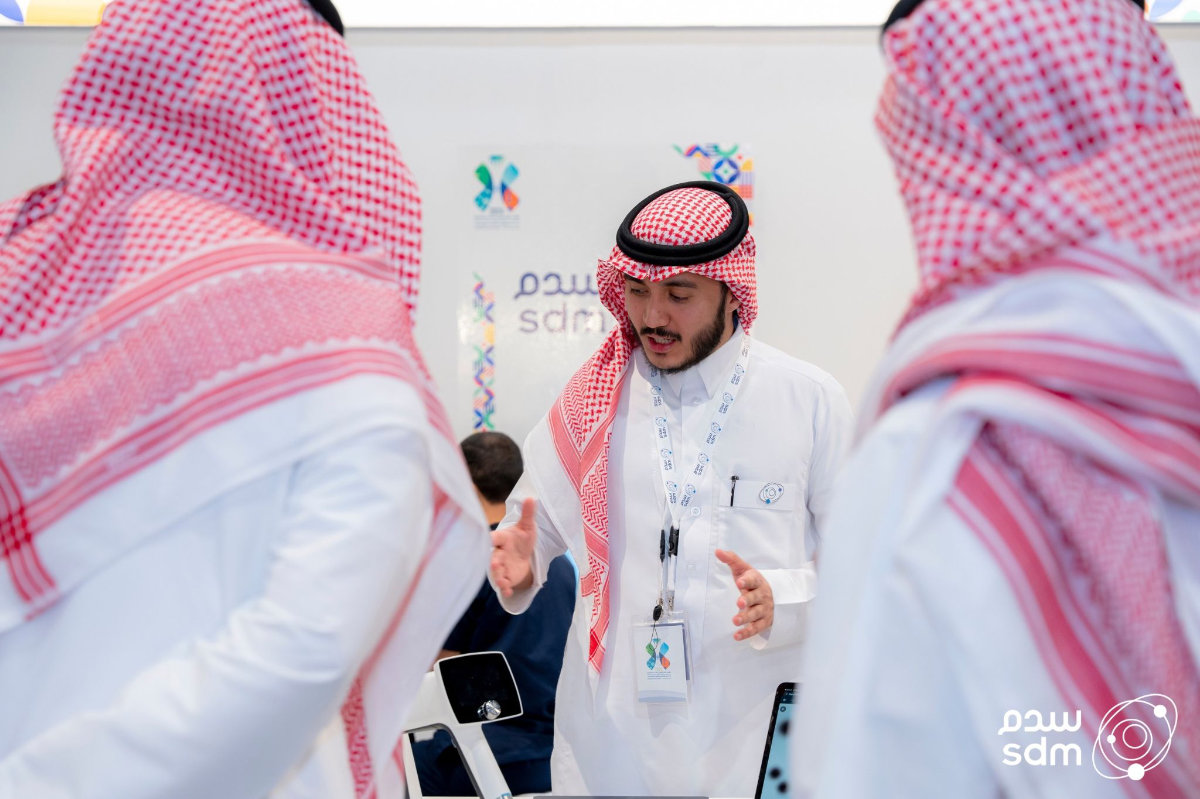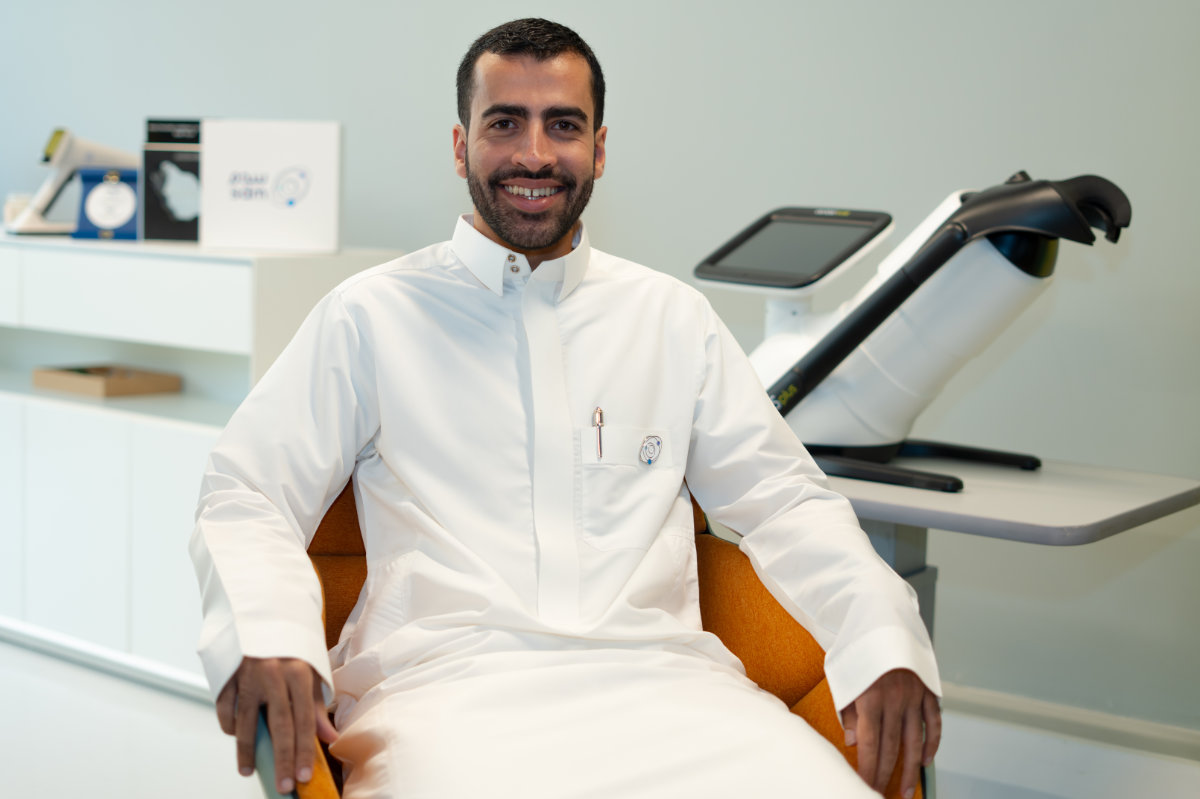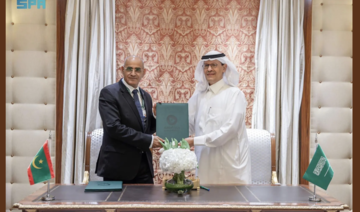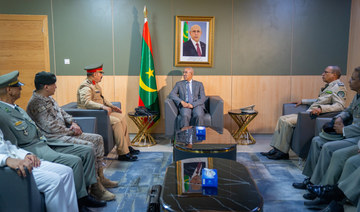NEW YORK CITY: With the imminent threat of a massive oil spill in the Red Sea averted, after the transfer of more than a million barrels of oil from the decaying Safer tanker to a storage vessel, Saudi Arabia’s permanent representative to the UN on Wednesday described the salvage operation as “an excellent example of international cooperation, which has reflected positively and significantly on the humanitarian situation in Yemen.”
Abdullah Alwasil added that “without a doubt, the international will has materialized and led to the success of the rescue operation through the transfer of that great quantity of oil from Safer to the new vessel.”
The Safer has been moored in the Red Sea off the coast of Yemen, near the port of Hodeidah, for more than eight years, since the start of the civil war in the country. During that time it has had little or no maintenance and its condition has deteriorated to a point where there were growing fears of a catastrophic oil spill.
It contained more than 1.14 million barrels of oil, which is four times as much as was spilled during the 1989 Exxon Valdez disaster off the coast of Alaska, one of the world’s worst ecological catastrophes.
The first phase of the UN salvage operation, during which the bulk of the oil was transferred to another storage vessel, was completed last week.
Speaking during a UN Security Council meeting on Wednesday to discuss the latest developments in Yemen, Alwasil said Saudi Arabia had been among the first to warn and direct “the attention of the international community to the potential catastrophe, had we neglected the tanker.”
He continued: “My government has repeatedly warned of the consequences of such a catastrophe and we worked to mobilize the efforts in order to develop a clear plan that would resolve this potential crisis.
“And we did not stop at that. We were among the largest donors who funded the rescue operation. To date we have provided $10 million to the UN agencies relevant to the rescue operation and we will continue to provide all forms of support to UNDP (UN Development Program) and OCHA (UN Office for the Coordination of Humanitarian Affairs) until the operation is complete.”
Alwasil called for the second and final phase of the salvage operation, during which the Safer will be stripped and cleaned in preparation for towing and scrapping, to be completed “as guaranteed to the Yemeni parties before the beginning of the operation, in order for the Yemeni people to benefit from the oil revenue as per the initial plan of the United Nations.”
The Saudi envoy also joined other council members in expressing his condolences to the family of Mouayad Al-Humeidi, a World Food Program employee who was shot dead in the Yemeni city of Taiz last month.
He condemned the killing as an “act of betrayal,” and underscored the importance of ensuring humanitarian workers who dedicate their lives to alleviating the suffering of vulnerable populations are protected and remain safe.
Otherwise, Alwasil noted, Yemen has experienced an unprecedented period of calm lately, which has had a significant effect on the humanitarian and security situations in all parts of the country.
“This is a result of the mediation efforts for peace in Yemen, which continue to call for prioritizing the national Yemeni interests over everything else, and to find the common ground between the parties in order to address the political and economic issues in a manner that achieves economic well-being for the Yemeni people, and also calls for ceasing any military provocation that may prevent a political solution,” he said.
Saudi Arabia this month announced $1.2 billion in financial aid to support the Yemeni government’s budget and the first installment of $250 million has already been deposited with the Central Bank of Yemen, Alwasil told council members.
“This is an example of our continued interest in supporting the brotherly people of Yemen and we reiterate our interest in achieving stability and security in Yemen,” he added.
He urged all those involved in the conflict to accept political solutions to help restore security and stability in the country and overcome threats in the region.
“We reiterate our strategic initiative to end the war in Yemen and to reach a political settlement,” Alwasil said. “And we reiterate our support for UN and international efforts to achieve a political solution as per Security Council Resolution 2216.
“We also reiterate our firm position in support of the Presidential Leadership Council. And we hope that the current efforts for a settlement will reach a comprehensive solution, and we continue to call on the Houthis to prioritize wisdom and reason and the interests of the Yemeni people over everything else.”
The UK’s ambassador to the UN, Barbara Woodward, also commended the successful completion of the operation to transfer oil from the Safer, and said it was an achievement that exemplifies the potential of collective efforts for the benefit of Yemen and its people.
Drawing inspiration from this milestone, she urged all parties in Yemen to capitalize on the improved conditions in the country and work collaboratively as part of a UN-led Yemeni-Yemeni peace process.
She also urged the Houthis to cease their “attacks and continued threats to prevent oil exports from government-controlled areas (which) are severely impacting Yemen’s economy. These attacks on the economy are attacks on the livelihoods and services for some of the most vulnerable people in Yemen.”
Woodward welcomed the recent deposit of $250 million in Yemen by Saudi Arabia “as the first tranche of a generous $1.2 billion pledge of economic support.” But she noted that the country’s government will remain dependent on such external funding to provide basic services and pay the wages of public-sector workers until the Houthis halt their economic warfare and the government can begin to generate its own revenues.
Woodward also highlighted Houthi “impediments to the free movement of female aid workers to deliver assistance to women in need; to independent monitoring and assessment missions; and to the fair selection of humanitarian service providers.”
She added: “The humanitarian response is already severely underfunded. These impediments pose additional, and entirely avoidable, burdens on the humanitarian effort and ultimately on the Yemeni people. We urge the Houthis to lift restrictions and allow unfettered access of humanitarian aid.”
US ambassador Linda Thomas-Greenfield welcomed the recent release of five UN workers who were kidnapped in the southern governorate of Abyan last year.
But she said “too many innocent people are still in detention, including wrongfully targeted individuals and religious minorities — as well as members of the United States’ locally employed staff, who have been detained in Sanaa for over a year-and-a-half.”
She added: “We call for the release of all those who have been unjustly detained, including 11 Yemeni Baha’is and Levi Marhabi.”
The Baha’is are a minority religious community in Yemen. Marhabi is a Jewish citizen of the country who has been held by the Houthis since 2016.








